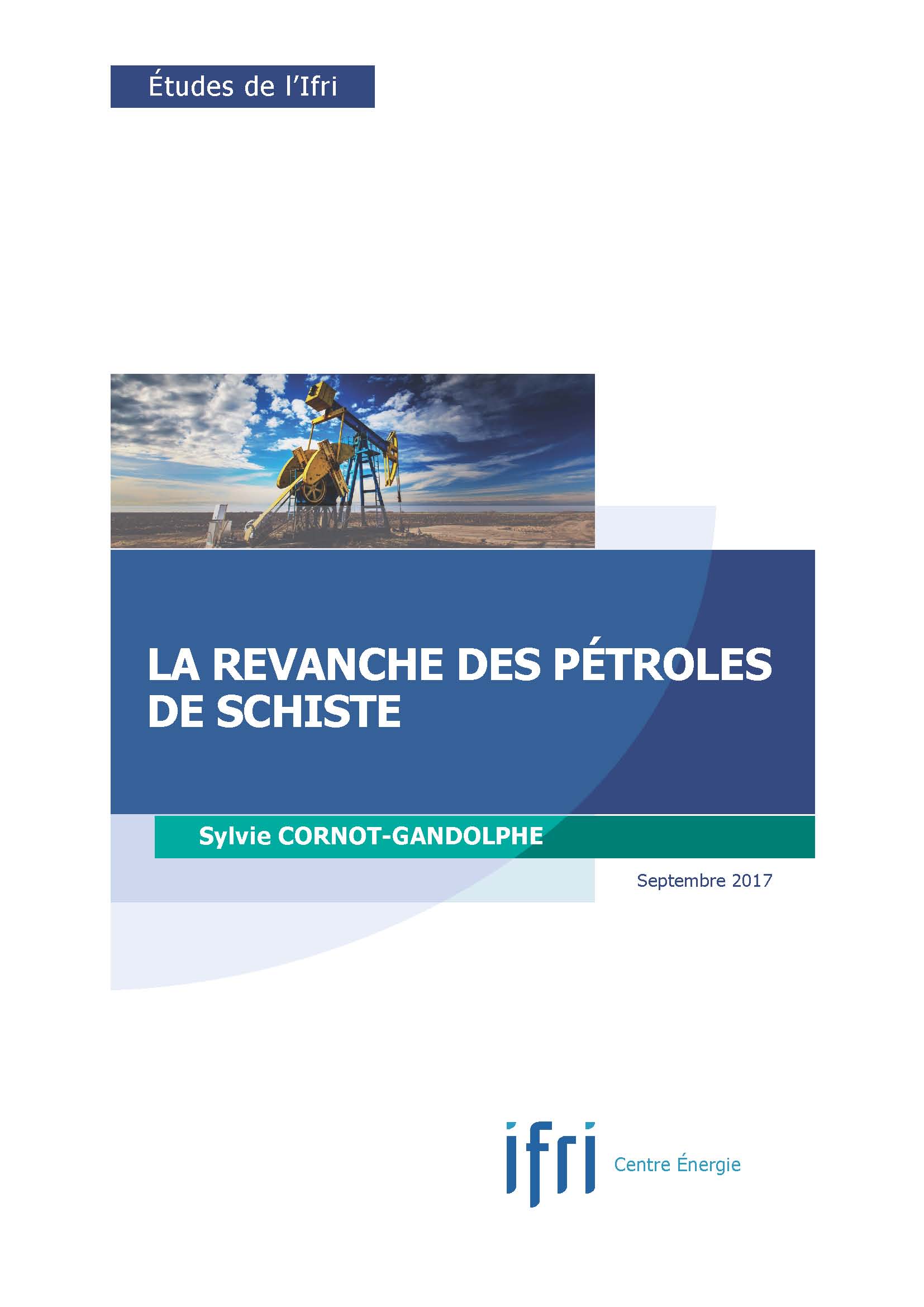The Resurgence of Shale Oil

This study addresses the resilience factors of the American production of light tight oil, in particular regarding the evolution of the financial model, and the regulatory changes with the authorisation of exports for crude oil. The paper also evaluates the development perspectives of the production on the medium and long term.

US production of light tight oil (LTO, commonly known as “shale oil”) experienced a spectacular expansion between 2010 and 2014, becoming the largest source of growth in world oil production. At the start of 2015, however, the sustainability of its business model became questionable. Oil prices had collapsed and uncertainty about future US production was at its height. The sharp drop in the number of drill holes as of January 2015 raised fears of a rapid fall in US petroleum output. The LTO business model, based largely on the use of debt, reinforced this projection. Independent producers were heavily indebted, and were no longer able to invest in new wells. LTO production would therefore run out of steam.
Two years later, LTO has passed its first test successfully. While output of shale gas has clearly fallen, cuts have been modest and much less than had been feared, given the falls in capital spending (CAPEX) and the number of drill holes. Productivity improvements as well as cost reductions have permitted a halving of the LTO equilibrium price. Independent producers have refocused their activities on the most productive basins and sites. The essential role played by the Permian Basin should be stressed at this point. In two years, it has become a new Eldorado. Despite the fall in drill holes through to May 2016, production has continued to rise and now amounts to a quarter of American oil output. Furthermore, independents have drawn extra value from their well inventories, which include drilled, but also uncompleted wells. Lastly, the impressive number of drilled wells prior to price cuts has allowed producers to maintain their output levels.
This content is available in French: "La revanche des pétroles de schiste"








